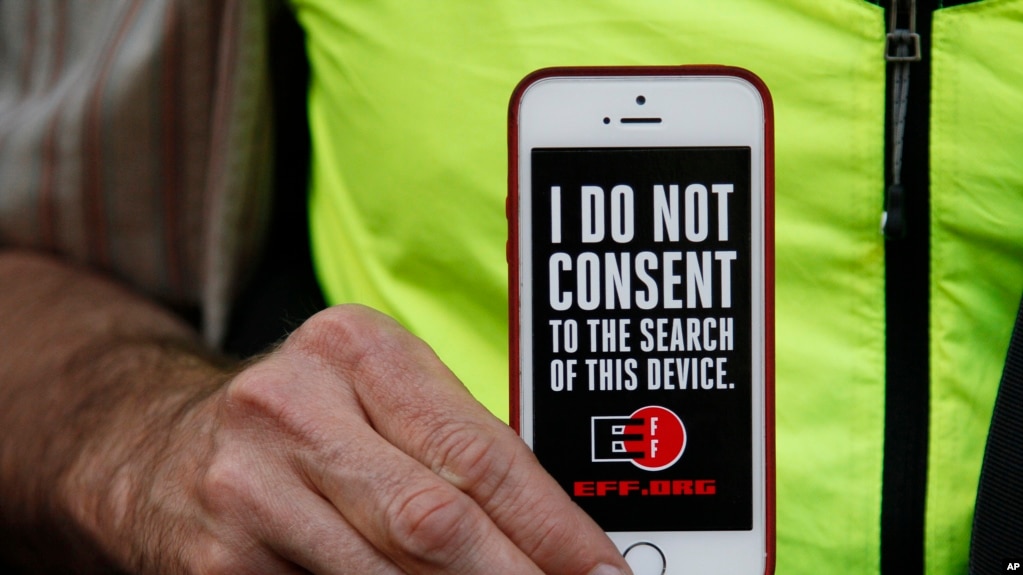
Dado Ruvic/Reuters
Meta, Facebook’s parent company, has banned several “cyber-mercenary” groups thought to have been offering surveillance services aimed at activists, dissidents and journalists worldwide.
The social media giant said on Thursday it had begun warning about 50,000 people it believed may have come under scrutiny across more than 100 nations…
In a report, Meta called out seven private surveillance companies for hacking and other abuses, suspending roughly 1,500 mostly fake accounts across Facebook, Instagram and WhatsApp.
The Facebook parent said it deleted accounts tied to Cobwebs Technologies, Cognyte, Black Cube and Bluehawk CI – all of which were based or founded in Israel, a leading player in the cyber-surveillance business…India-based BellTroX, North Macedonian firm Cytrox and an unidentified entity in China also saw accounts linked to them removed from Meta platforms.
I’ve spent most of my adult life spied upon by one or another government agency. Most of them belonging to good old freedom-loving Uncle Sam. If you’ve ever been a civil rights activist, worked as hard as you could for peace and an end to wars designed for profit and power…any number of affronts to the powers-that-be in the GOUSA…you’re on “the list” budgeted by one or another agency in Washington, DC.
That’s not a solo act. Many nations have visible and hidden line items in their annual budget for spying on folks who speak up and speak out. It’s usually called something about national defense. Just understand. It’s a badge of honor whenever the few genuine history books are written.
Attaboy, Facebook!









